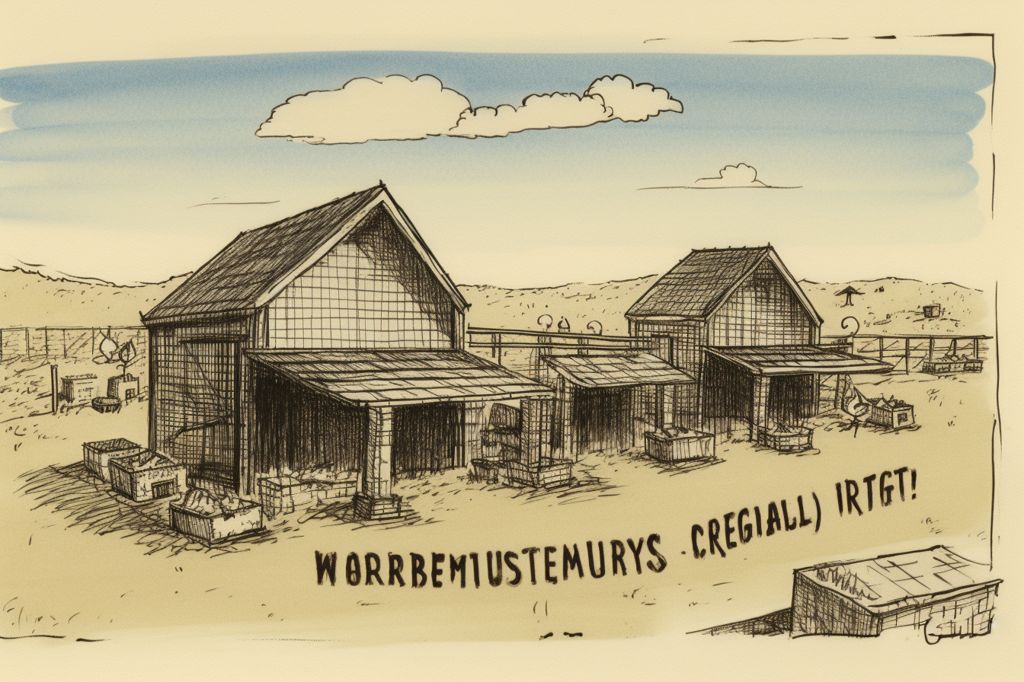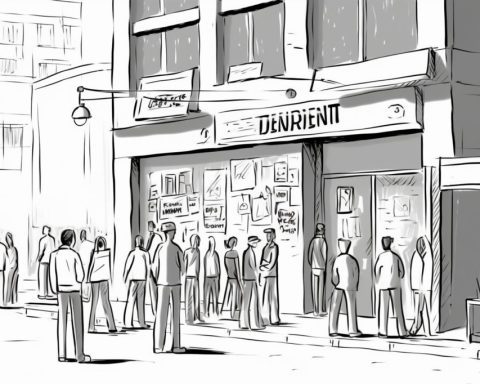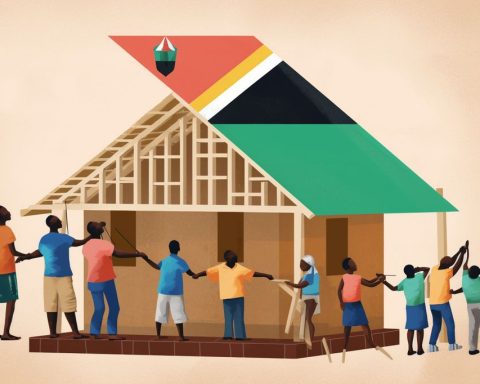The Special Investigating Unit (SIU) has achieved a significant victory with the declaration of the land reform lease agreement with Cultiver Investments as irregular and unlawful by the Special Tribunal. This agreement was ordered by the former Minister of Rural Development and Land Reform, Ms. Maite Nkoana-Mashabane, who directed the Department of Rural Development and Land Reform to finalize the lease for a chicken farm in Limpopo Province.
The Irregularities Uncovered
In January 2019, Nkoana-Mashabane instructed the Department to finalize the lease agreement with Cultiver Investments as part of its provincial land acquisition strategy program. The lease had followed an agreement between Cultiver Investments and Nkoana-Mashabane for the withdrawal of a High Court application, on the condition that the Department would sign the lease agreement.
However, the Department had decided against the lease after three independent forensic reports, commissioned under then-Minister Gugile Nkwinti, discovered a series of irregularities in the approval process for the acquisition of Mike’s Chicken. Among the issues raised were a lack of due diligence, beneficiary verification, and identification of a recapitalization strategic partner for the project. Furthermore, the business was found to be unprofitable, with inadequate strategies to address challenges such as high input costs and low local prices.
The SIU Investigation
Upon learning of the decision to conclude the lease agreement in March 2019, the SIU initiated an investigation into the circumstances surrounding the decisions. Legal action was instituted in the Special Tribunal in November 2019, seeking to declare Nkoana-Mashabane’s decision as irregular and unlawful.
The Verdict
On 19 April 2023, the Special Tribunal ruled that the lease agreement between the Department of Rural Development and Land Reform and Cultiver Investments was indeed irregular and unlawful. As a result, a case management meeting was scheduled to determine the appropriate consequential remedy.
Empowered by Proclamation R.24 of 2017, the SIU is authorized to investigate and address irregularities, malpractice, corruption, and fraud in the acquisition and leasing of Mike’s Chicken and other immovable properties and assets, as well as the appointment of beneficiaries and strategic partners.
Implications and Lessons Learned
This case highlights the importance of thorough due diligence and adherence to lawful procedures in matters of land reform and acquisition. Through the diligent work of the SIU, the irregularities and potential corruption in this case have been brought to light, underscoring the need for future transactions to be conducted in a just and transparent manner.
This also underscores the importance of having checks and balances in place to ensure that government officials are accountable for their actions and that they abide by the rules and regulations of their respective departments. This is essential in maintaining public trust and ensuring that land reform programs are effective in achieving their intended goals.












